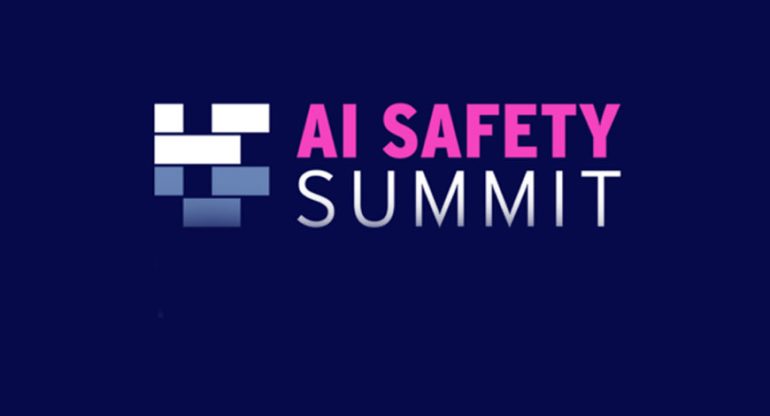- Anticipation surrounds the second Global AI Safety Summit, hosted virtually by Britain and South Korea.
- Shift from optimism to sober reflections on AI’s constraints and complexities since the inaugural summit at Bletchley Park.
- Diverse perspectives and unresolved issues from the first summit could hinder progress, according to senior analyst Martha Bennett.
- Thorny topics like copyright issues, data scarcity, and environmental impact take center stage.
- Decreased turnout of key figures raises questions about the event’s efficacy in driving global consensus.
- Despite challenges, hope remains for laying the groundwork for future engagements and fostering collaboration and innovation in AI.
Main AI News:
As the world gears up for the second Global AI Safety Summit, hosted virtually by Britain and South Korea, anticipation mingles with apprehension. Last year’s inaugural summit at Britain’s Bletchley Park was a beacon of hope, drawing luminaries from diverse fields to deliberate on the regulation of artificial intelligence (AI) amid rising concerns about its potential risks.
However, the landscape has shifted since then. The fervor surrounding AI’s promises has given way to sobering reflections on its constraints and complexities. Martha Bennett, a senior analyst at Forrester, notes that diverse perspectives and unresolved issues from the first summit could hinder progress. Thorny topics like copyright issues, data scarcity, and environmental impact are looming large, suggesting a departure from the star-studded congregation witnessed at Bletchley Park.
While organizers strive to replicate the success of the inaugural event, key figures seem less eager to participate this time around. Despite the initial optimism expressed by British Prime Minister Rishi Sunak about hosting biannual summits to track AI’s rapid evolution, the reality appears different. Attention has shifted from existential threats to pragmatic concerns such as resource allocation and environmental sustainability.
Francine Bennett, interim director of the Ada Lovelace Institute, underscores this shift, highlighting the expanded policy discourse encompassing market dynamics and ecological ramifications. Yet, as the industry places bets on technological breakthroughs and financial investments, cautionary voices like Professor Jack Stilgoe of University College London warn against overhyping AI’s potential.
Recent developments, such as Meta’s stock plunge following its AI-focused strategy shift, underscore the market’s volatility and the inherent uncertainty surrounding AI’s trajectory. Nevertheless, optimism persists, with notable investments by tech behemoths like Google and Microsoft receiving favorable market responses.
The upcoming summit in South Korea, albeit labeled a “mini-summit,” was intended to build upon Bletchley Park’s legacy, setting the stage for a grander gathering in Paris. However, sources suggest a diminished turnout of leaders and ministers, raising questions about the event’s efficacy in driving global consensus.
While the European Union remains noncommittal about its attendance, notable figures like Margrethe Vestager and Thierry Breton are notably absent. Similarly, the absence of key players like Google DeepMind and Geoffrey Hinton underscores the evolving dynamics within the AI ecosystem.
Despite the subdued expectations surrounding the Seoul summit, hope lingers that it will lay the groundwork for future engagements. Linda Griffin of Mozilla emphasizes the iterative nature of international agreements, suggesting that it may take several iterations to find a cohesive approach.
As the countdown to the summit begins, uncertainties abound. However, amidst the challenges lie opportunities to foster collaboration, innovation, and inclusivity in the realm of AI, inching humanity closer to a future where AI enhances lives across the globe.
Conclusion:
The subdued expectations and decreased turnout at the Second Global AI Safety Summit reflect a shift in focus from optimism to pragmatism within the AI ecosystem. This underscores the need for stakeholders to address unresolved issues such as copyright, data scarcity, and environmental impact while fostering collaboration to navigate the challenges ahead. Despite uncertainties, opportunities abound to drive progress and innovation in the AI market.

